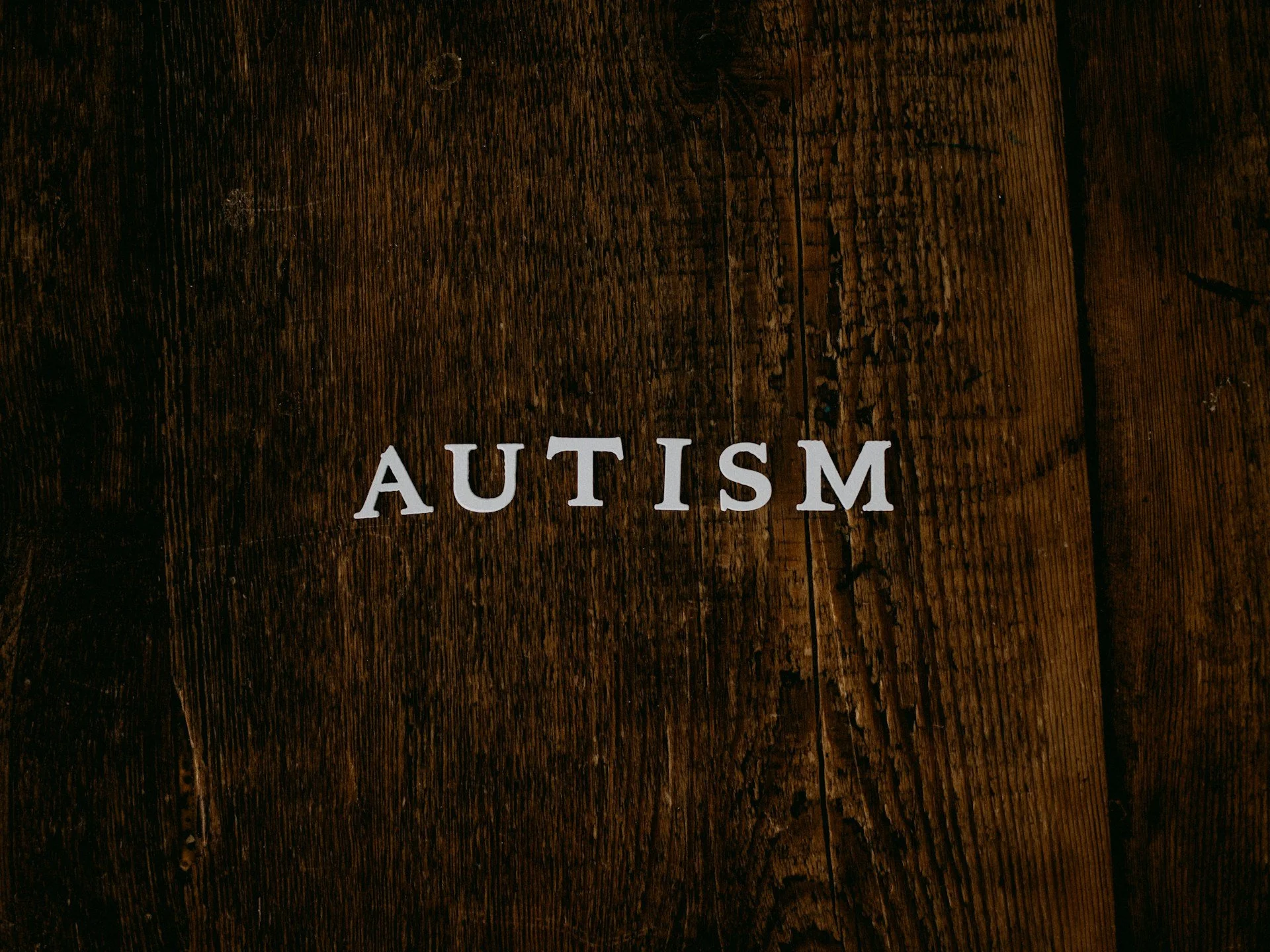Understanding the Impact of the Autism CARES Act on Connecticut Families
The Autism Collaboration, Accountability, Research, Education, and Support (CARES) Act is a pivotal federal law dedicated to enhancing the quality of life for individuals with Autism Spectrum Disorder (ASD) and their families. With its recent reauthorization, the Act continues to play a crucial role in shaping services and support systems nationwide, including in Connecticut.
ey Provisions of the Autism CARES Act
The Autism CARES Act focuses on several critical areas:
Research Funding: Allocates resources to understand autism's causes, early detection methods, and effective interventions.
Training Programs: Supports the education of healthcare professionals to improve early diagnosis and intervention strategies.
Service Provision: Enhances services across the lifespan, addressing needs from early childhood through adulthood.
Implications for Connecticut Families
For families in Connecticut supporting children and adults with autism, the Autism CARES Act brings several benefits:
Enhanced Access to Services: The Act's emphasis on service provision means increased availability of support programs, potentially reducing wait times and expanding access to necessary care.
Improved Early Intervention: With a focus on training healthcare providers, families can expect more timely diagnoses and interventions, which are crucial for positive developmental outcomes.
Lifespan Support: The Act's comprehensive approach ensures that individuals with autism receive support tailored to their needs at every life stage, aiding in transitions such as entering adulthood or the workforce.
Connecticut's ASD Waiver Program
Connecticut offers the Autism Spectrum Disorder (ASD) Medicaid Waiver, providing home and community-based services to individuals with autism who do not have an intellectual disability. Services include clinical behavioral supports, job coaching, life skills coaching, and more. However, it's important to note that the waiver is not an entitlement; access may be limited based on available funding and program capacity, and a waiting list applies.
Addressing Waitlists and Service Gaps
Despite the benefits of the Autism CARES Act, challenges remain, particularly concerning waitlists for services. In Connecticut, the ASD waiver program has a waitlist exceeding ten years, highlighting the need for continued advocacy and resource allocation to meet the growing demand for services.
Advocacy and Support
Organizations like The Supported Living Group are dedicated to assisting families navigate these complexities, offering guidance and support to access available resources. Additionally, local groups such as Autism Families CONNECTicut provide recreational and social activities that promote growth and meaningful connections for families affected by autism.
Conclusion
The reauthorization of the Autism CARES Act signifies a continued commitment to supporting individuals with autism and their families. While it brings promising enhancements to services and support systems, ongoing efforts at the state level are essential to address existing challenges, such as long waitlists for programs like Connecticut's ASD waiver. Families are encouraged to stay informed about available resources and advocate for the necessary support to meet their unique needs.

